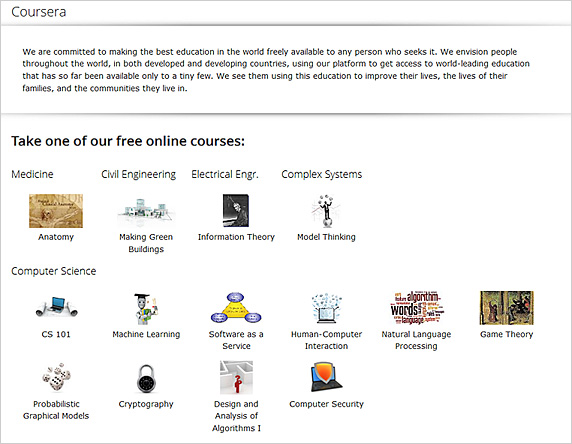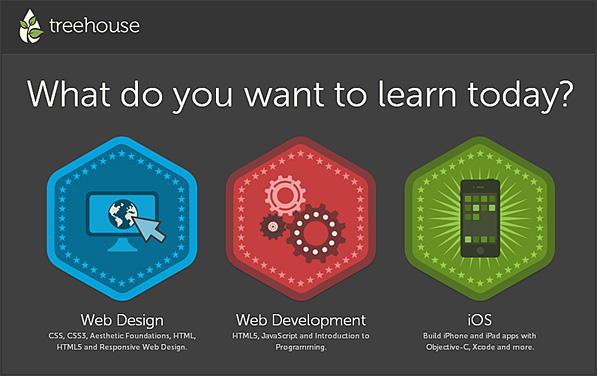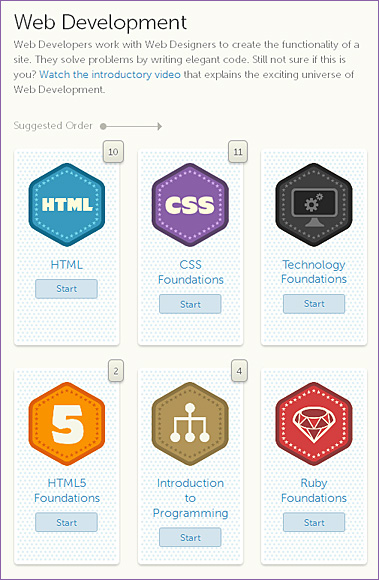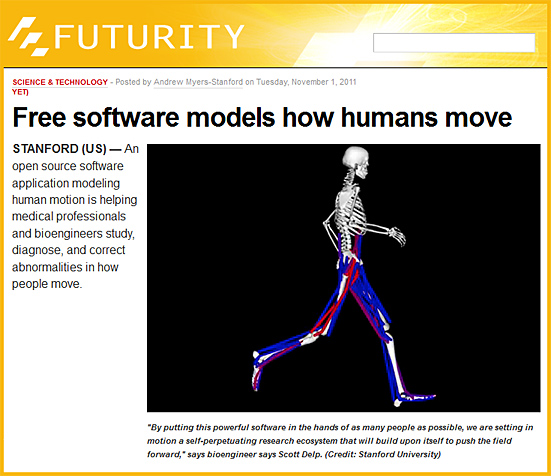
From DSC:
I originally saw this at
Stanford Professors Daphne Koller & Andrew Ng
also launching a massive online learning startup [Watters]
Code wars: PHP vs Ruby vs Python – Who reigns supreme? [Infographic from Udemy]

Source: Udemy Blog
From DSC:
I read the following quote from Codecademy signs up 97,000 people for its New Year’s resolution coding class (emphasis mine):

Codecademy, a startup that uses interactive online lessons to turn anyone into a computer programmer, has signed up 97,000 students in less than 48 hours for its New Year’s resolution class Code Year. That’s more than twice as many students as were enrolled in the 150 U.S. computer science undergraduate programs that the Computer Research Association surveyed last year.
This is both positive and troubling to me. Positive in that more people will learn how to program across the world, and thus (hopefully) becoming qualified to fill many of the open programming-related positions out there. It’s troubling in that the quote mentions that within 48 hours, the number of students signed up was already more than twice the number of students enrolled in Computer Science programs at the undergraduate level in the entire United States.
What does that statement tell us?
- Are there a lot more people interested in programming out there but can’t afford to pay their way through an undergraduate program?
- That many people aren’t qualified to get into an undergraduate program but are hoping to gain skills anyway?
- Perhaps people are just trying it out and many won’t actually pursue this route…
- Perhaps there’s some duplication here, as some of the same undergrads are also enrolled in Codeacademy…
- Perhaps the people taking these courses won’t be qualified…but perhaps they will be qualified…
- Perhaps a student-teaching-student model will unfold here with massive FAQ’s and examples being developed over time…
Hmmm…regardless, this is an excellent example of the disruption being caused by technology and the Internet. I expect many more examples in 2012. Perhaps the “Walmart of Education” that I’ve been tracking over the years will have different components to it, with one major piece of it coming from the Codeacademy’s of the world.
Some of the questions that come to my mind for those of us working within higher education are:
- How do we help educate the world at more reasonable prices?
- What opportunities does the Internet offer us?
- What new business models and transformations should we be pursuing that use the Internet?
- Are there things that we can do to better address why all of these people are not enrolling in our undergraduate CS programs?
Marc Andreessen: Predictions for 2012 (and beyond) — from cnet.com by Paul Sloan
Excerpt:
Software has chewed up music and publishing. It’s eaten away at Madison Avenue. It’s swallowed up retail outlets like Tower Records. The list goes on.
No area is safe–and that’s why Andreessen sees so much opportunity.
Fueling his optimism: ubiquitous broadband, cloud computing, and, above all, the smartphone revolution. In the 1990s, the Internet led to crazy predictions that simply weren’t yet possible. Now they are.
The Application Island: Gaining Mobile Developer Mindshare — from readwriteweb.com by Dan Rowinski
Lessons from a review of JavaScript code — from smashingmagazine.com by Addy Osmani
Excerpt:
Today we’ll look at where to get your code reviewed, how to structure your requests, and what reviewers look for. I was recently asked to review some code for a new JavaScript application, and thought I’d like to share some of my feedback, because it covers some JavaScript fundamentals that are always useful to bear in mind.















